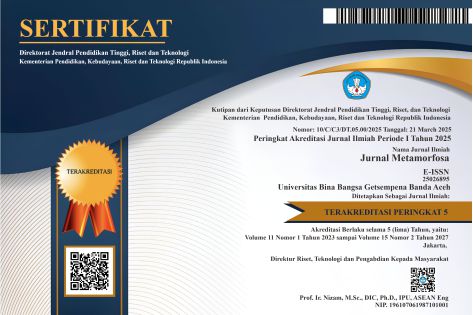Focus and Scope
This journal is an open access journal. It covers all areas of indonesia and language teaching. Its global audience includes linguists, journalists, broadcasters, writers, teachers, students and others who have a professional or personal interest in communicating. This journal disseminates relevant studies, thinks, and research result in the field of Indonesian Language Education, Indonesian literature and region, linguistics, classroom action research on Indonesian Language curriculum, language learning methods and medias, and research on the development of Indonesian Language teaching and learning.
Language Teaching and Learning
There are scope of research that focus on Educational Indonesian Language such as; curriculum development, learning methods, learning materials, learning media, assessment, Indonesian language learning across curricula, information and communications technology in Indonesian language learning, language skills, and other Indonesian language learning analyses.
Educational Linguistics
Educational Linguistics is dedicated to innovative studies of language use and language learning. The series is based on the idea that there is a need for studies that break barriers. Accordingly, it provides a space for research that crosses traditional disciplinary, theoretical, and/or methodological boundaries in ways that advance knowledge about language (in) education. The series focuses on critical and contextualized work that offers alternatives to current approaches as well as practical, substantive ways forward. Contributions explore the dynamic and multi-layered nature of theory-practice relationships, creative applications of linguistic and symbolic resources, individual and societal considerations, and diverse social spaces related to language learning.
Educational Literacy
Research literacy is part of what allows a person to respond in constructive ways to misconnection. Teachers may, for example, find themselves reading a lay person’s emphatic statement that there's no proof for the existence of learning disabilities. It can be helpful to know the facts and fallacies that statements are based on. People outside education may not distinguish between two scenarios: 1) a jurisdiction that allows diagnosis of learning disability without proof and 2) there being a lack of evidence for the existence of learning disability itself. True, diagnoses may be made without proof, and cost is one of the factors in determining how diagnoses are made. Still, there is ample evidence from neuroscience that basic skills reflect complex and specialized neural processes and that developmental abnormalities selectively impact particular skills.




1.jpg)














